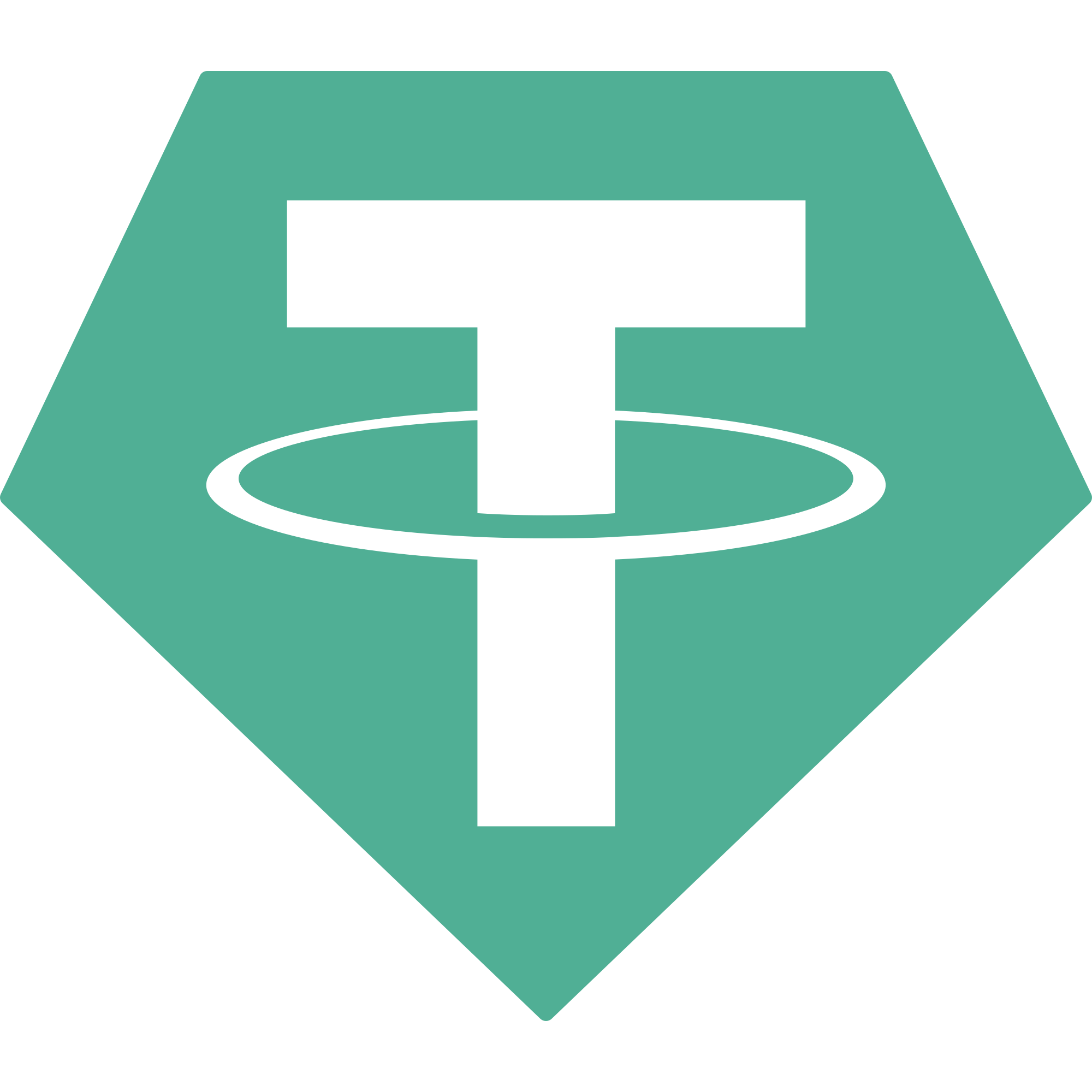This repository features the infrastructure for bridging Tether USD from Ethereum to ZKsync Era and any other ZK chains built on top of the ZK stack, alongside with common bridge administration features, such as enabling/disabling deposits/withdrawals, and Tether's own blocklisting and destuction mechanisms of tokens owned by presumably evil actors in the system.
With a new shared bridge upgrade, users can bridge all their assets from a single L1 shared bridge to all registered ZK chains and their appropriate L2 shared bridge.
Therefore, with a single deployment of the L1 shared bridge on the Ethereum mainnet, we can deploy the L2 shared bridge counterpart to all registered networks (1 + n contracts), as opposed to a previous 2-bridges-per-network setup (2 * n contracts).
In case of Tether, due to things like custom L2 token logic and lack of action management on shared bridges (such as enabling/disabling deposits/withdraws), we've built a custom set of L1 and L2 shared bridges, which will accompany these features (more details below), and allow for bridging of the native USDT to all registered ZK chains.
If you'd like to run a local version of this project, please do the following:
- Run a
local-setupfor local development (link) and wait for its setup to complete - Run
./compile.sh - Set up the
.envaccording to.env.example - Run
./deploy.sh
From here, you can run npm run test to confirm that everything went smoothly, and then run cd l1 && npm run test-deposit && npm run test-withdraw to perform a simulation of the deposit + withdraw flow.
This project consists of two folders: l1 and l2. Both folders contain Hardhat projects and relevant dependencies for their chains. Some packages and contracts are shared between both projects, which can be found in the root folder.
The core of this subfolder is the custom L1SharedBridge.sol contract, that handles:
- depositing assets to the shared bridge via Bridgehub
- claiming failed deposits (via
claimFailedDeposit, in case L2 side of things fail for any reason) - finalizing withdrawals (via
finalizeWithdrawal, in case user wants to go back to L1)
The L1SharedBridge.sol also extends the BridgingManagerUpgradeable.sol contract, that features enabling/disabling deposits/withdrawals on the L1, and BridgeableTokensUpgradable.sol, which makes sure that only the correct USDT token is allowed to be bridged through our bridge.
Since it is assumed that L1 already contains an ERC20 token that should be bridged, all other contracts in this subfolder are mocks that are used in end-to-end testing in the local environment.
This subfolder also contains a few useful scripts for interaction with the administrative functions of the L1 bridge, such as: enable-deposits, disable-deposits, enable-withdrawals and disable-withdrawals.
These can be triggered only by the private key that has the appropriate roles, which are set in the initialize-bridge-roles script which is ran during the deployment of the bridge contract.
There are two core contracts: L2SharedBridge.sol and TetherZKsync.sol.
L2SharedBridge.sol is the L1SharedBridge.sol's counterpart and it handles:
- finalizing deposits (via
finalizeDeposit, to finally bridge L1 tokens to L2) - withdrawing funds from the bridge (via
withdraw, to initiate bridging of tokens over to L1)
The L2SharedBridge.sol also extends the BridgingManagerUpgradeable.sol contract, that features enabling/disabling deposits/withdrawals on the L2, and BridgeableTokensUpgradable.sol, which makes sure that only the native USDT token is allowed to be bridged through our bridge.
On L2, it is not assumed that there's an ERC20 token that's a counterpart to the L1 token, so there is a deployment-ready TetherZKsync.sol contract, that is fully compatible with the ERC20 and and ERC20Permit standards, but also has a few unique functionalities:
- minting tokens upon finalizing L1 deposit (via
bridgeMint, invoked only by theL2SharedBridge.solwith theBRIDGE_ROLErole) - burning tokens upon initializing L2 withdrawal (via
bridgeBurn, invoked only by theL2SharedBridge.solwith theBRIDGE_ROLErole) - EIP-3009 compatible signature operations for token transfers for EOAs and EIP-1271 smart accounts (via
transferWithAuthorization,receiveWithAuthorizationandcancelAuthorization, which are contained inTetherTokenV2.solandEIP3009Upgradeable.solcontracts)
Unique to Tether, WithBlockedList.sol also contains a blocking/unblocking of tokens, which have already been mentioned. Owner of the contract can block assets of users that are deemed to be malicious actors (via addToBlockedList). Those assets can no longer be moved using transfer/transferFrom and can then either be:
- unblocked (via
removeFromBlockedList), invoked only by owner of the contract, so that users can continue using their assets freely - destroyed (via
destroyBlockedFunds), where users' tokens are burned
